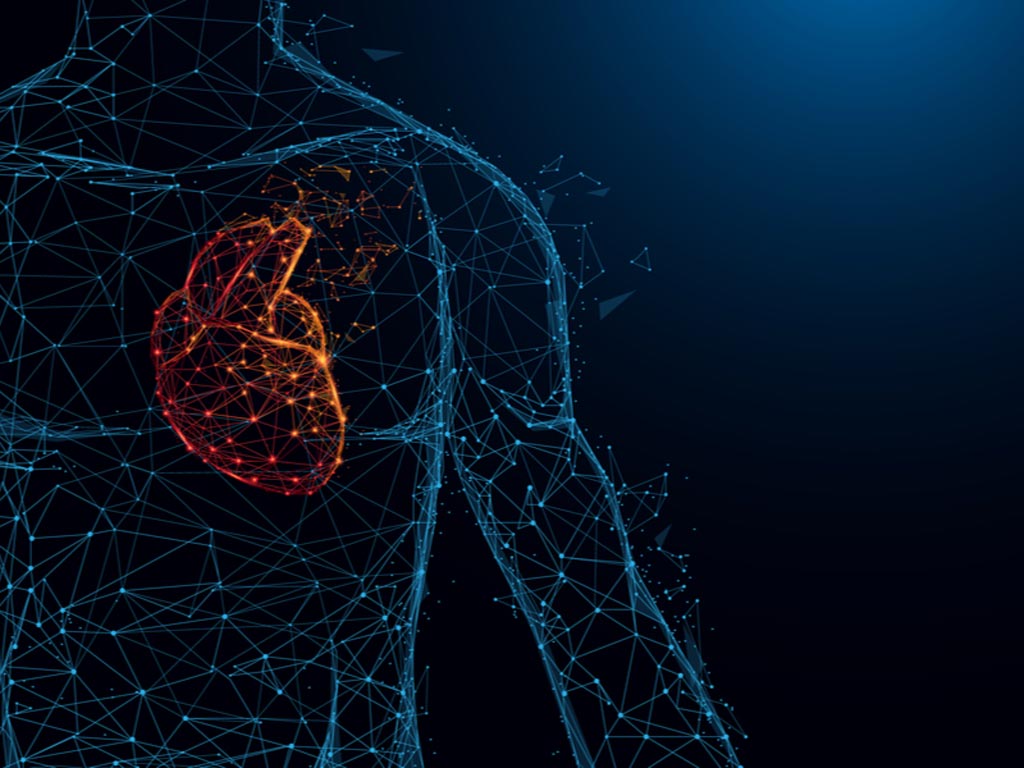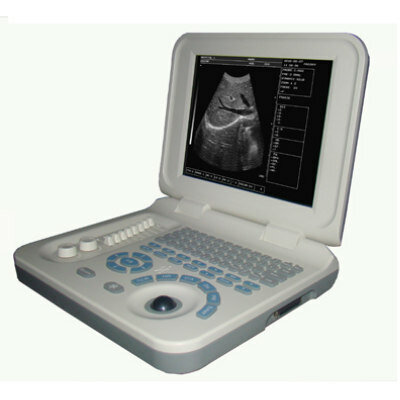AI-Powered Diagnostics Software Guides Cardiologists During Angiography
By MedImaging International staff writers
Posted on 06 Nov 2019
Researchers are in the initial stages of a pivotal multi-center clinical trial to demonstrate the efficacy of AutocathFFR, a fully automated system that detects stenoses (narrowing) in the coronary arteries surrounding the heart. AutocathFFR provides cardiologists with the relevant physiological parameters that can help them in assessing the severity of their patients' condition and devise the optimal treatment strategy.Posted on 06 Nov 2019
The artificial intelligence (AI) powered software has been developed by MedHub (Tel Aviv, Israel), which develops decision-support systems for cardiologists that leverage AI to guide cardiologists during the diagnostic cardiac angiography process. MedHub considers its first product, AutocathFFR, as a part of the current movement towards automizing medical practices. With the advent of AI, the road to full Robotic Process Automation (RPA) in cardiac diagnostics is getting shorter. Following a successful feasibility study of AutocathFFR, MedHub is now in the process of conducting the pivotal multi-center clinical trial to demonstrate its efficacy.

Image: AutocathFFR, a fully automated system, is designed to detect stenoses (narrowing) in the coronary arteries surrounding the heart (Photo courtesy of MedHub).
"As interventional cardiologists performing catheterizations on a daily basis, we face significant challenges in accurate diagnosis of cardiac disease that stem from difficulty in precisely assessing the severity of a patient's condition and in making the appropriate connections between a patient's complaints and the subsequent diagnosis. This makes tailoring an optimal and personalized course of treatment difficult, at best," said Dr. Edward Koifman, a senior cardiologist at Soroka Medical Center, and CMO of MedHub. "AI is revolutionizing medicine. We are already seeing its impact on diagnosis and treatment precision in a variety of medical fields. I believe that this kind of technology will assist cardiologists in the decision-making process when determining the best course of action."
"Nowadays, we fly in automated airplanes and rely on smart navigation systems in our private cars to make better decisions than we do. I don't see why we shouldn't make use of similar capabilities when it comes to our health and well-being," said Or Bruch-El, CEO of MedHub. "Healthcare systems everywhere are burning-out and collapsing under immense loads, making quality of treatment directly dependent on patient access to private capital. AI has the potential to change that. Our reality calls for it."
Related Links:
MedHub














